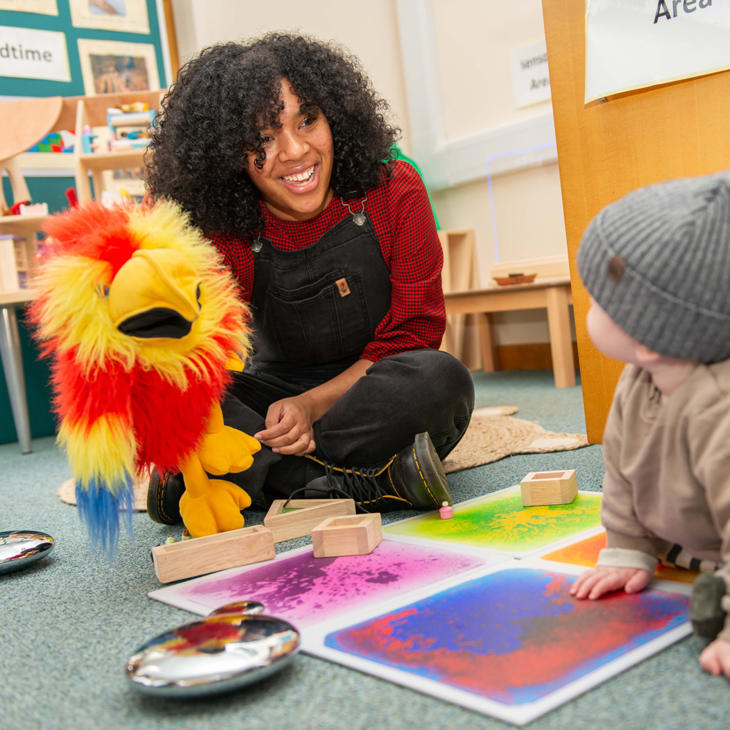Educating Children Through Musical Equipment
 The way children learn and how they develop has long been a fascination of psychologists across the world. There have been many studies to try to decipher ways in which to enhance children’s learning experiences and improve children’s play equipment to aid their development. Recent studies have highlighted the influence music may have on a child’s ability to learn.
The way children learn and how they develop has long been a fascination of psychologists across the world. There have been many studies to try to decipher ways in which to enhance children’s learning experiences and improve children’s play equipment to aid their development. Recent studies have highlighted the influence music may have on a child’s ability to learn.
A fantastic example of how music can benefit children is through the use of both musical playground equipment and music lessons. When children play in the school playground, they are given the freedom and space to explore and investigate new things for themselves. By using a variety of different playground activities, the children will learn a range of skills which can then be transferred to the classroom. Similarly, engaging children in music lessons not only helps break up their school day and keep them focused, but it allows for structure to be put in place to specifically develop certain talents.
Scientists have found that children can use musical instruments to develop their motor and co-ordination skills from very young age which is essential for their later life. By improving their co-ordination through dancing and singing, children can then transfer these new skills to the classroom where it can assist in activities such as learning to write and holding a pencil.
By learning songs and singing along to music tracks, it also helps young children to learn words which will then become useful in spelling. If children understand songs then they begin to get an understanding for what words mean and how they sound. When they start learning to spell, they therefore have a foundation to build upon. Another aspect of learning through music would be the extension in vocabulary. Children find it very easy to learn songs off by heart and without knowing it, are extending their vocabulary.
There are also several social benefits of playing with musical instruments both individually and within a group. At school children play and interact with each other which assists them in building confidence, self-esteem and the ability to work within a team. It can also help them understand boundaries and appropriate behaviour. Musical instruments and musical playground equipment give children the opportunity to create music by working together giving them a great sense of achievement. This allows them to improve their social skills whilst still enjoying themselves.
The use of musical education has become increasing popular especially with Key Stage 1 children due to the many benefits both academically and socially. So why not improve your playground surfaces by adding some imaginative musical playground equipment and incorporating music lessons into the curriculum.


![[Show Name] Gripping From Beginning to End [Show Name] Gripping From Beginning to End](https://images.unsplash.com/photo-1596405367208-63505402f113?fm=jpg&q=60&w=3000&ixlib=rb-4.1.0&ixid=M3wxMjA3fDB8MHxzZWFyY2h8MTh8fGhpZ2glMjBwb3RlbnRpYWwlMjB0ZWxldmlzaW9uJTIwc2hvd3xlbnwwfDB8MHx8fDI%3D)

![Best Family Law Attorney in [Your City/Region] Best Family Law Attorney in [Your City/Region]](https://images.unsplash.com/photo-1731955418581-5ba6827ca5ff?fm=jpg&q=60&w=3000&ixlib=rb-4.1.0&ixid=M3wxMjA3fDB8MHxzZWFyY2h8MTN8fGJlc3QlMjBmYW1pbHklMjBsYXclMjBhdHRvcm5leSUyMG5lYXIlMjBtZXxlbnwwfDB8MHx8fDI%3D)



